We need to continue to grow (Editorial)
January 9, 2014
According to TheTrevorProject.org, LGBT youth are more than four times more likely to commit suicide than their heterosexual peers. The LGBTQIAP (Lesbian, Bisexual, Gay, Transgender, Questioning, Intersex, Asexual, Pansexual) community has faced great oppression over the years, both by political bans and social stigma. In the more recent years, acceptance has increased, with the growing legality of same-sex marriages and general awareness. However, there is still a ways to go in means of total acceptance. Generalizations and stereotypes, degradation, and general homophobia are still holding back the LGBT cause, especially in teens and young adults.
While still facing hardship, the LGBT portion of the community is more recognized. However, so much is yet to be fully understood by the general public on all facets. The spectrum covers minorities in gender and sexuality. Besides heterosexual and homosexual, there is also asexual, someone who feels no sexual attraction to anyone of any gender, and pansexual, someone who is indifferent to gender in sexual orientation.
The majority of people are cisgendered (mentally belonging to their birth gender). Transgenders are people whose true gender does not match their biological one and may undergo means to have their biological gender changed. Intersex people have both male and female sexual organs. Agenders are people who do not feel they belong to the male or female gender. Genderfluid people may choose to be male or female. The term “queer” is used by some as a blanket term for sexual and gender minorities.
Because gender minorities receive less mainstream attention then sexual minorities, there is less knowledge and more of a social stigma surrounding people who fall into these groups.
Early last November, Sasha Fleischman, an agendered high school senior in California, had his skirt set on fire by a teen while riding a public bus. Sasha, who prefers to use the term “they” instead of “he” or “she,” survived the attack with severe burns. While the ordeal raised awareness for the queer community, it is horrific and inexcusable.
Sasha’s birth name is Luke, being born male. Non-cisgendered people may choose to go by a different name or gender pronoun (he, she, they) than the one they were born with. It’s important to respect someone’s choice in this, and to call them whatever they prefer.
Attacks and hatred such as that done to Sasha are the result of hatred, homophobia and cissexism (discrimination of non-cisgendered people). This is based upon fear and hatred of the unknown. Raising awareness and acceptance of sexual and gender minorities will further the cause, and lessen violence and discrimination.
The rising youth of today seems to be growing more accepting. Eighteen US states, along with D.C. have legalized marriage equality. Soon it will be this generations turn to vote on equality laws, but now is when the decision can be made to welcome and accept LGBT spectrum peers.



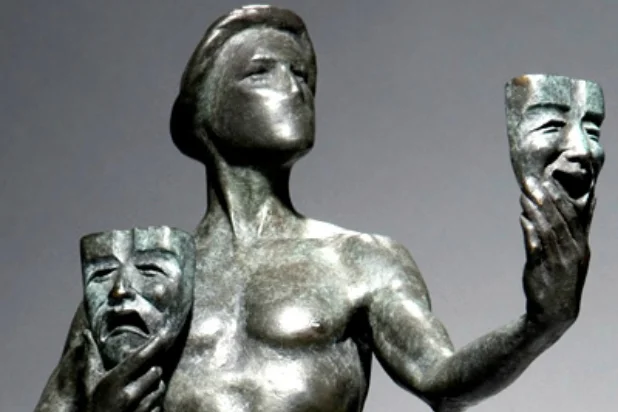
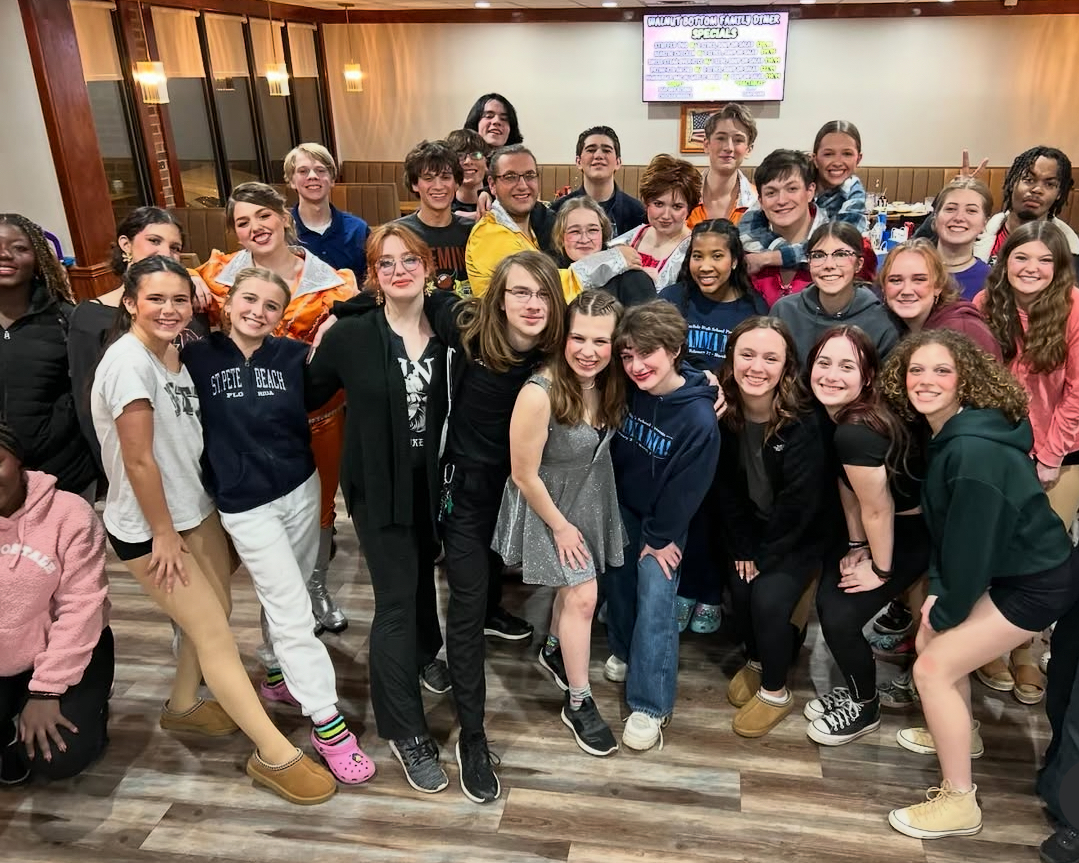


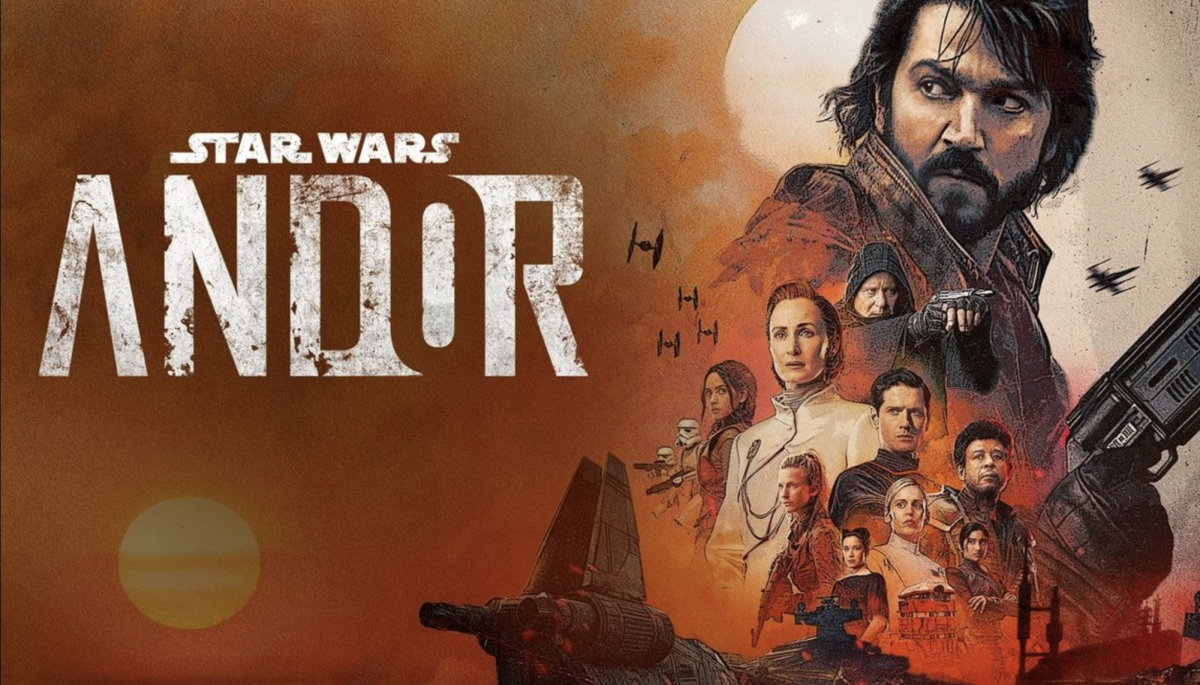





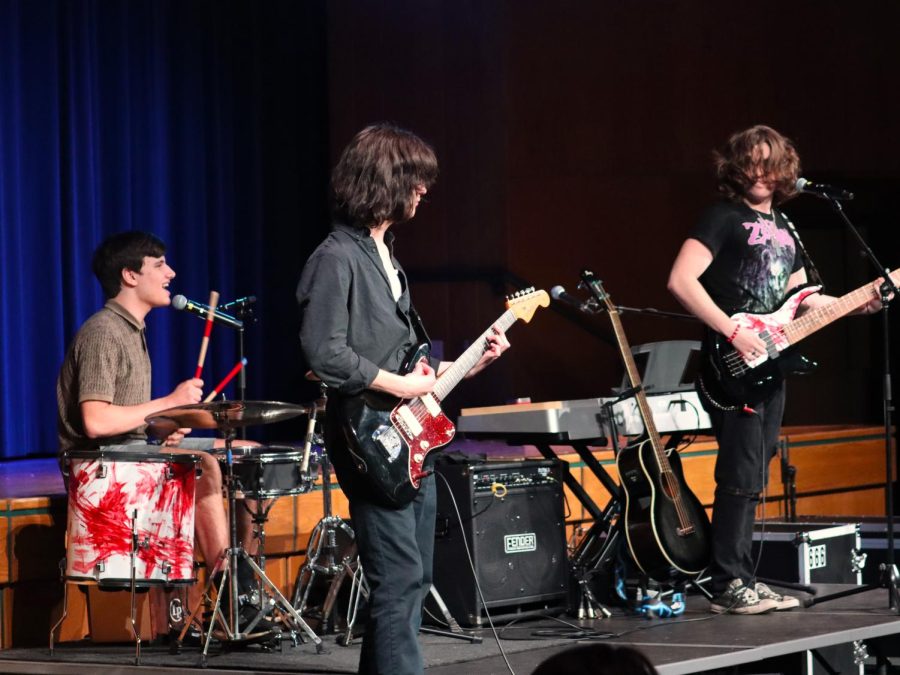
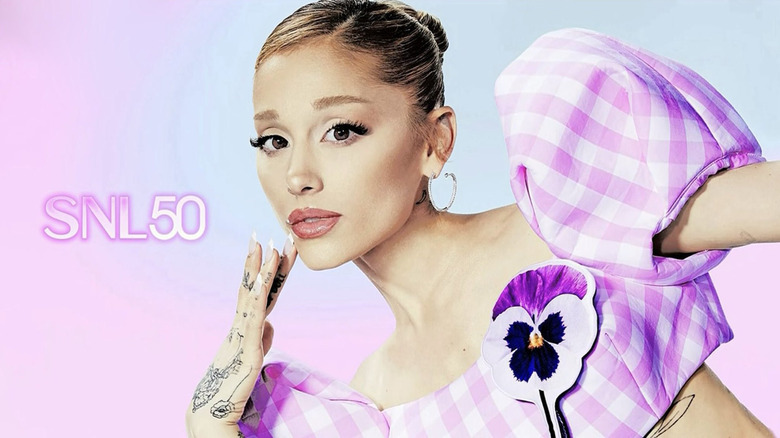







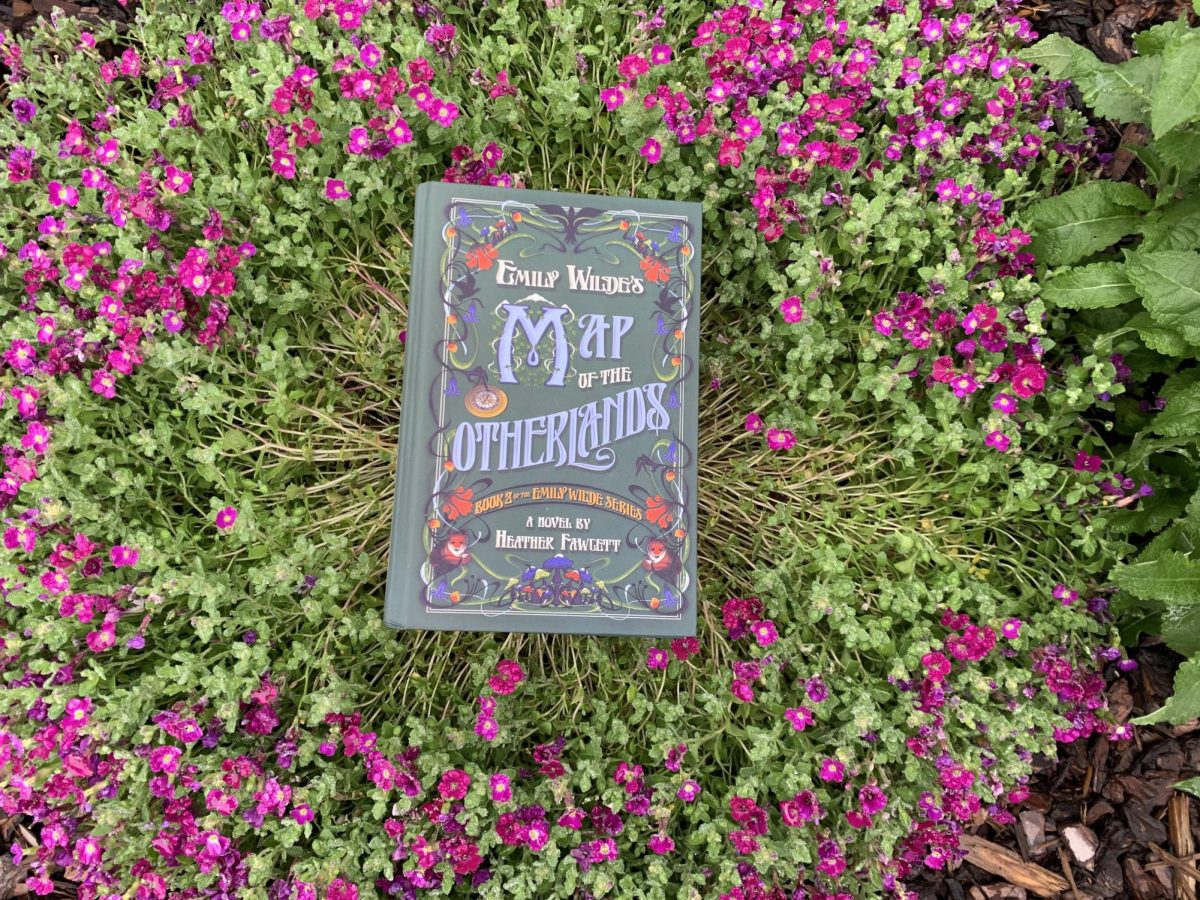











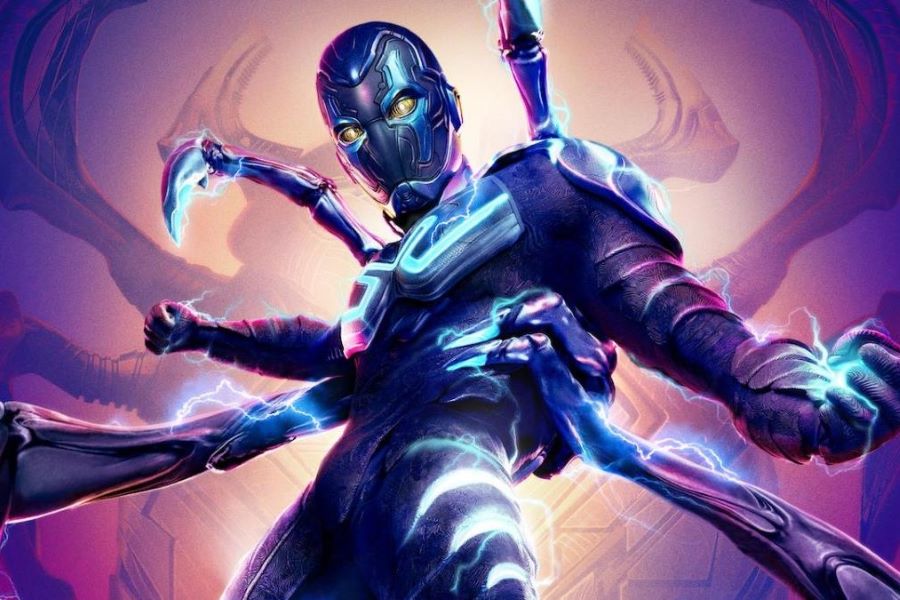














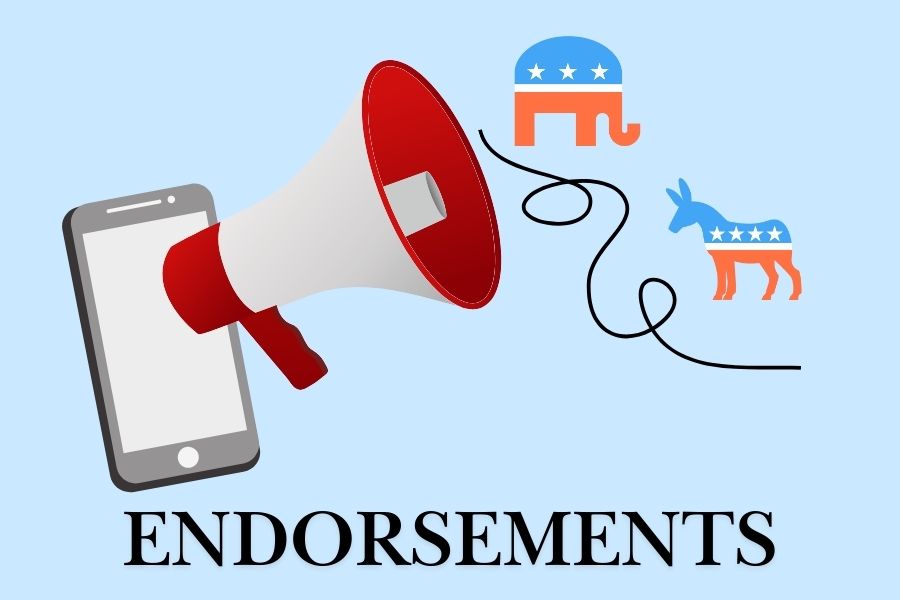









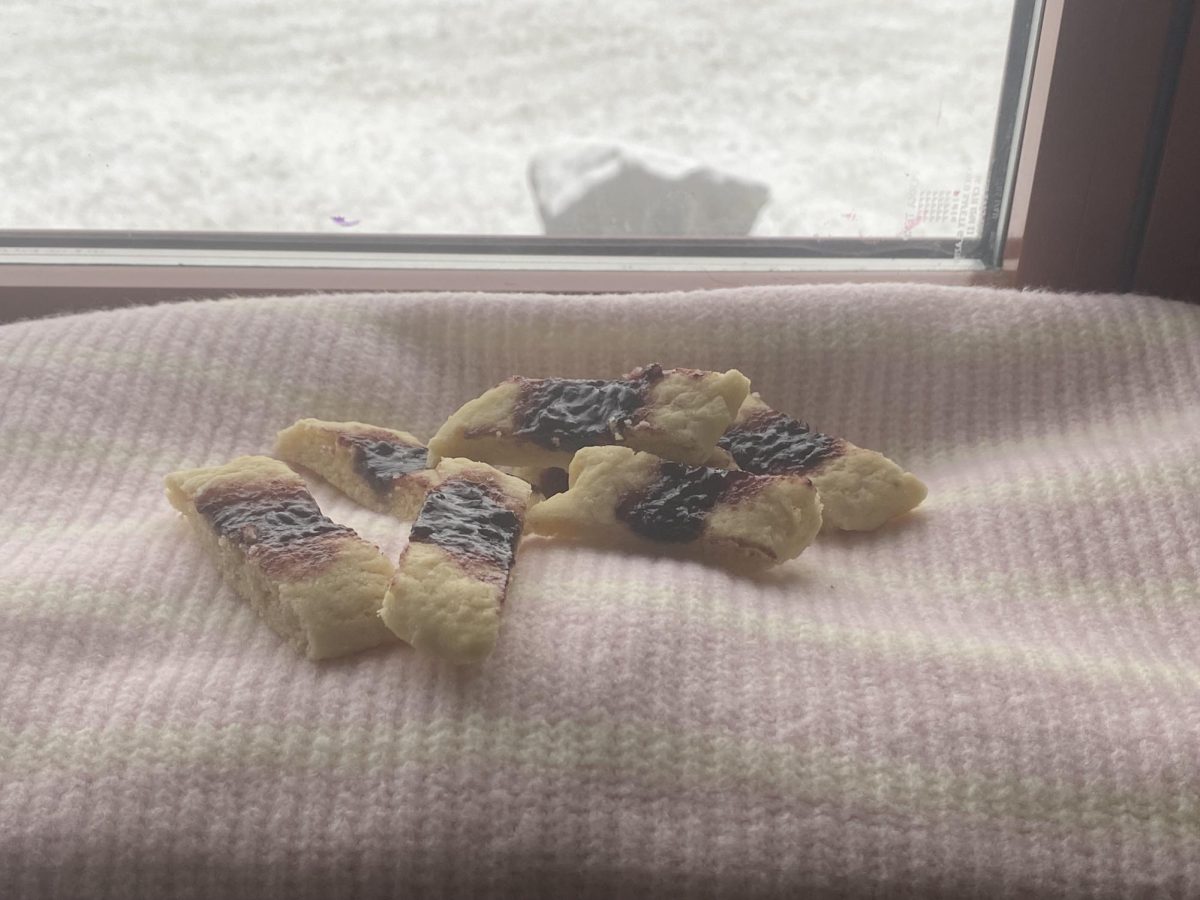

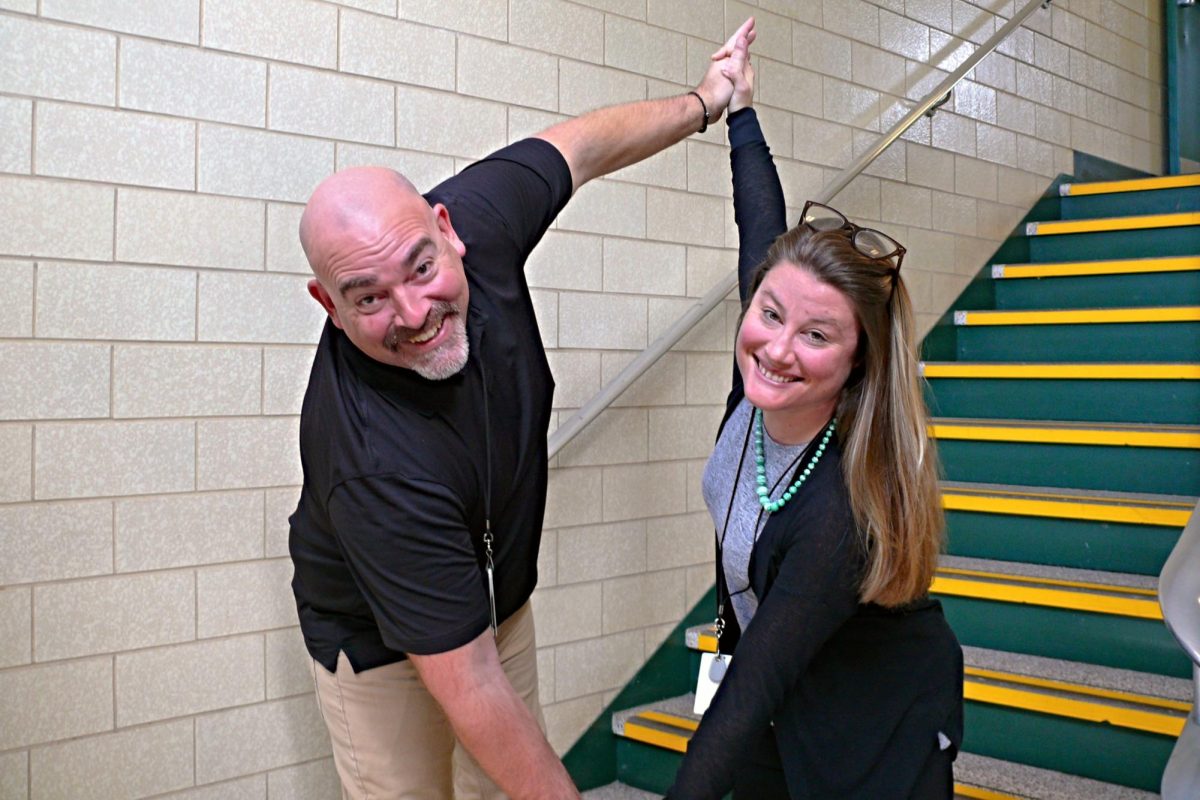




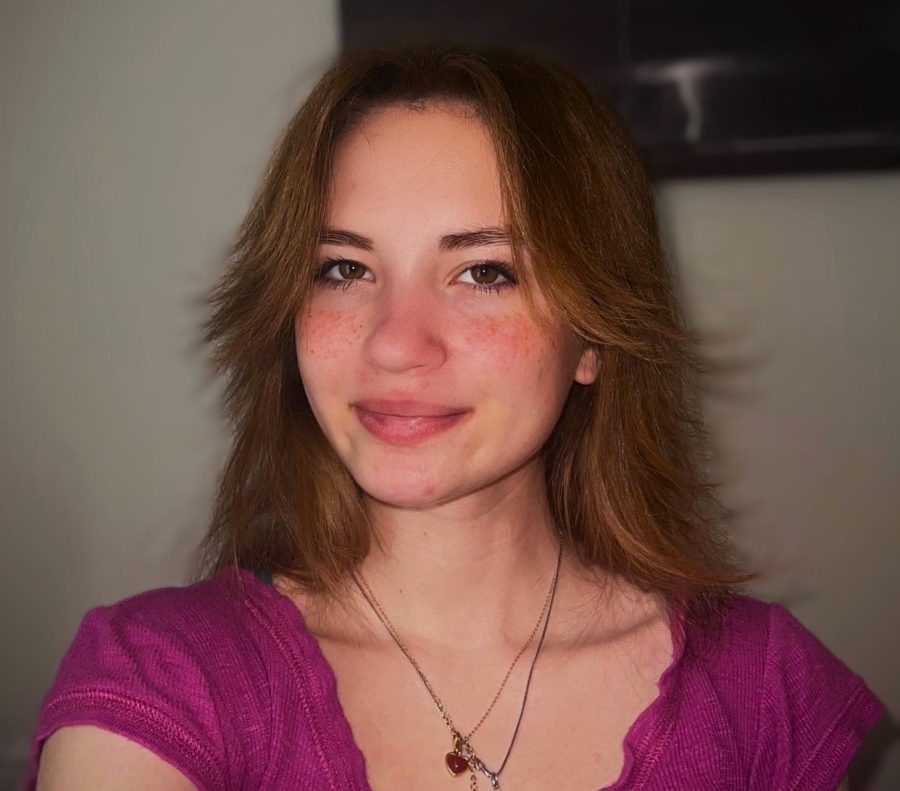




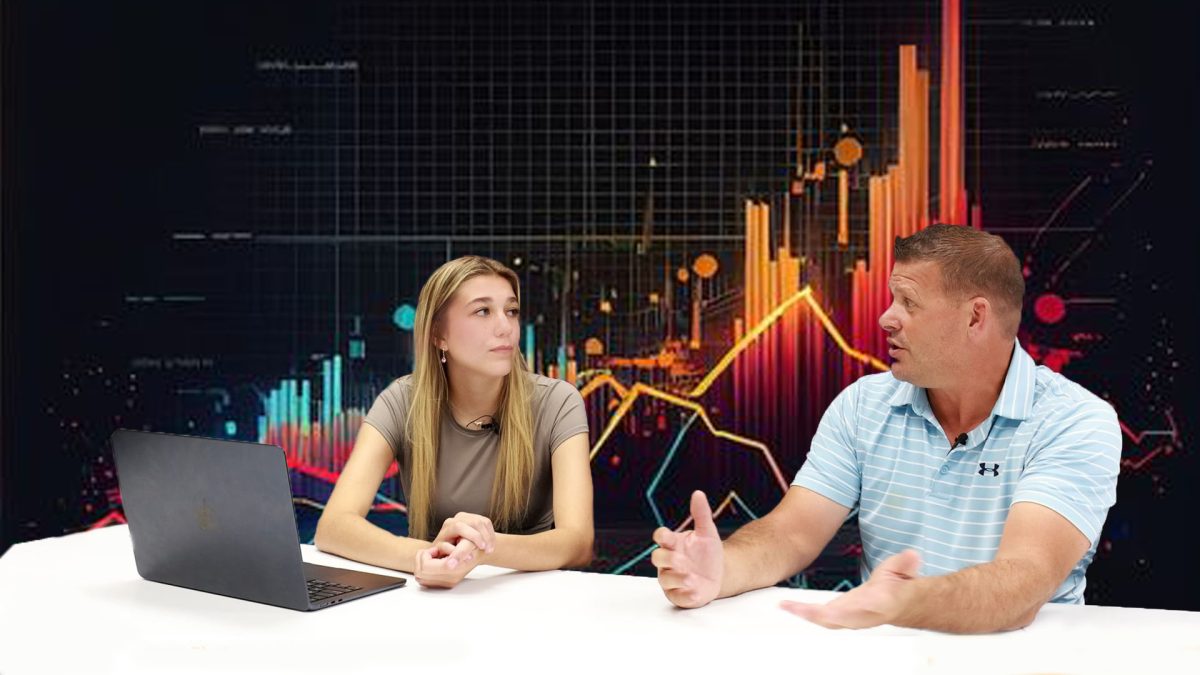
























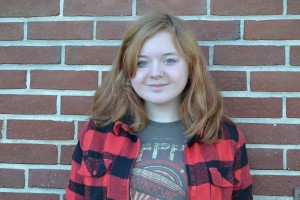
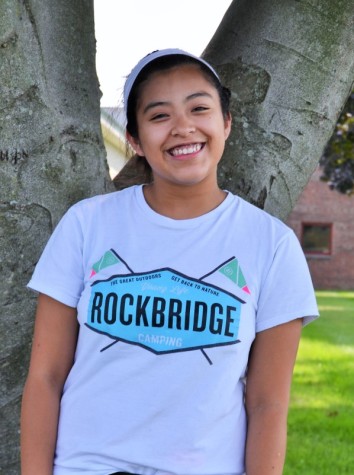
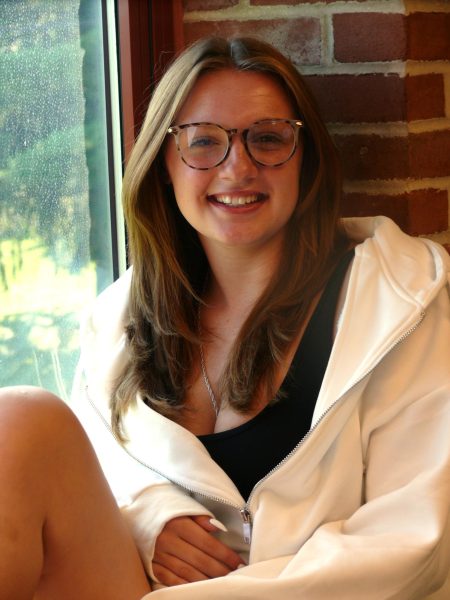
Alec Di Ruzza • Jan 23, 2014 at 9:19 pm
I think this article poses an interesting point–that not many people are aware that there are different types of gender affiliations other than male and female, as well as different sexual orientations. Society tends to label anyone remotely “different” by calling them “gay”. The truth of the matter is, I feel that the reason that people are uncomfortable with the topic is due to the fact that many of these people are uninformed about the different types of sexual and gender orientations. If we as a society take a step forward in ensuring that everyone is well informed of the different orientations, that people will be more understanding of people situations because they understand their view point.
Emma Hotra-Schubert • Jan 20, 2014 at 9:56 pm
I think this is an important article to post because this issue needs to be given the limelight. Society seems to see “gayness” as being bad, and I’m glad that Miranda brought this issue to light in her comment. This article is more informative than perspective-based, and it did teach me some interesting things, such as cisgendered.
Miranda Clash • Jan 14, 2014 at 7:19 pm
I completely agree that society as a whole has made progress in the gender issue, but I also feel like we have a log way to go. Although more and more of my peers claim to support gender minorities, LGTBQIAP people don’t have it easy. Very often I hear students describe a bad situation/thing as “gay,” when it has nothing to do with homosexuality. Because this use of this adjective has become so widespread, I feel like people overlook the implications that it’s use has. Describing something as “gay” implies that those who are homosexual are stupid, wrong, and lesser than those who are straight. Instead of organizing protests and contacting lawmakers, a great first step to overcoming this inequality is to simply watch our language.